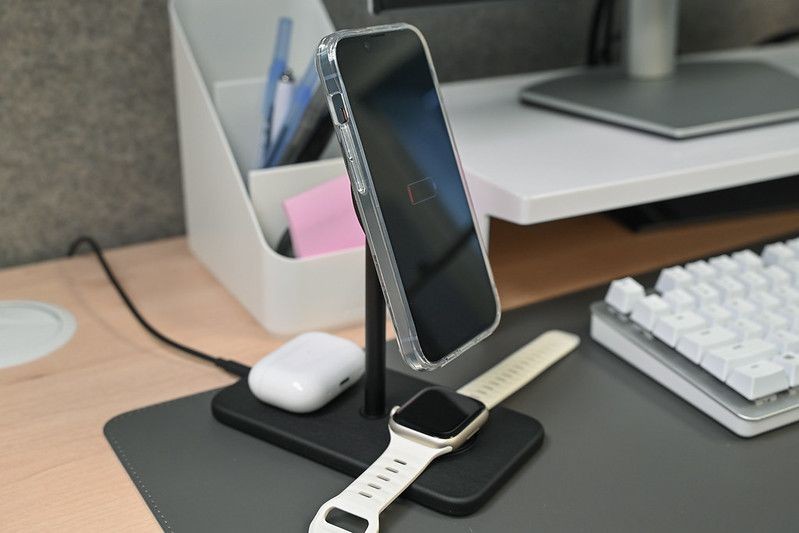Wireless charging offers a convenient, cable-free way to power up your devices. But a common question lingers: how does its speed compare to traditional wired charging? This article delves into the specifics of wired vs. wireless charging speeds, examining the factors that influence charging times and exploring the future of wireless charging technology.
Wired Charging: The Speed Champion
Currently, wired charging significantly outpaces wireless charging in terms of speed. Fast wired chargers, utilizing power delivery technologies and higher wattage outputs (20W to 50W and beyond), can typically replenish a smartphone battery to 50% in just 15 to 30 minutes. This speed advantage makes wired charging the preferred choice for users who prioritize quick power boosts.
Wireless Charging: Catching Up
Wireless charging, based on the Qi standard, generally operates at lower wattages (5W to 15W). This translates to longer charging times, often requiring 3 to 4 hours for a full charge or around an hour to reach 50%. While slower than wired charging, wireless charging offers unparalleled convenience. Simply place your device on a charging pad and let it power up without the hassle of cables.
The Future of Wireless Charging: Closing the Gap
The speed limitations of wireless charging are not insurmountable. Innovations like the Honor Magic 4 Pro’s 100W wireless charging demonstrate the potential for significantly faster wireless charging speeds. This technology, capable of achieving a 50% charge in 15 minutes wirelessly, hints at a future where wireless charging rivals wired charging in speed. While widespread adoption of such technology is still on the horizon, it signifies a promising trend for wireless charging enthusiasts.
Factors Affecting Charging Speed
Several factors influence both wired and wireless charging speeds:
- Wattage: Higher wattage generally equates to faster charging.
- Charging Technology: Fast charging protocols like Quick Charge and Power Delivery optimize power delivery for faster charging.
- Battery Capacity: Larger battery capacities require more time to charge fully.
- Temperature: Excessive heat can slow down charging to protect the battery. Wireless chargers often generate more heat due to energy loss during inductive charging.
Heat and Battery Life: Debunking the Myths
Both wired and wireless charging generate heat, a byproduct of energy transfer. While excessive heat can degrade battery health over time, both charging methods incorporate safety features to prevent overheating. Furthermore, everyday activities like using your phone in direct sunlight can expose the battery to far more heat than charging.
The Verdict: Speed vs. Convenience
Ultimately, the choice between wired and wireless charging depends on individual priorities. Wired charging offers unmatched speed, ideal for quickly topping up your device’s battery. Wireless charging prioritizes convenience, eliminating cable clutter and providing a seamless charging experience. As wireless charging technology continues to advance, the speed gap is narrowing, making wireless charging an increasingly viable option for those seeking both speed and convenience.
